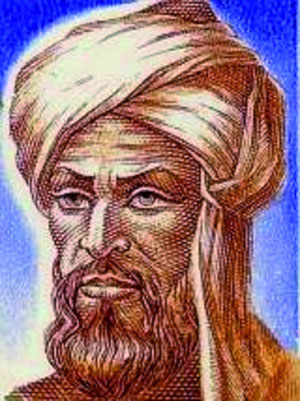My husband dropped me to school today and, being the gentleman he is, he carried my book bag into my learning space. He has a sweet habit of letting the kiddos know he's been in the room in their absence by leaving a quote or powerful word on the whiteboard. Today was no different, except that it was. He wrote the first few lines of High Flight by John Gillepsie Magee, Jr and as I read them I realised what a gift my husband had left me. (He's a gem! Really!)
I found the rest of the poem and started our literacy block by reading it to the class. It's a beautiful poem:
Oh! I have slipped the surly bonds of earth
And danced the skies on laughter-silvered wings;
Sunward I've climbed, and joined the tumbling mirth
Of sun-split clouds, --and done a hundred things
You have not dreamed of --Wheeled and soared and swung
High in the sunlit silence. Hov'ring there
I've chased the shouting wind along, and flung
My eager craft through footless halls of air...
Up, up the long, delirious, burning blue
I've topped the wind-swept heights with easy grace
Where never lark or even eagle flew --
And, while with silent lifting mind I've trod
The high untrespassed sanctity of space,
Put out my hand, and touched the face of God.The discussion following my reading was nothing short of astounding. The inferring, visualisations to help clarify, the use of morphemes to clarify, identification of metaphorical language... I let them talk without interruption until I was asked what I knew about the poet. I shared the little I knew and this changed the discussion. They read even more into the poem and made even more inferences. The word 'prophetic' was even used!
That was just the start of our lesson. I then wrote out the first two lines (as one sentence) on an anchor chart and we talked about what we noticed. It was a pretty mechanically focussed discussion and that was OK by me. I have a few kiddos who need to review parts of speech. We marked up the sentence and made a few more observations about the role of the co-ordinating conjunction. It dawned on a couple of kids - after we talked about the co-ordinating conjunction and what the two simple sentences would have been - that a sentence MUST have a verb. Woah! Yes! They must. For some of my kiddos this was an earth shattering revelation. I can't wait to see how they transfer that epiphany.
I'm not actually sure about the adjectival phrase...
Any helpers?
We then had a go at verbally replacing a few of the words to form new sentences and talked about how we could use this structure or even just part of it in our own writing. Tonight for home learning they are creating new sentences modelled on this mentor sentence. In hindsight we would have spent longer on this. Next week we will.
So, it wasn't what I had originally planned for this morning, but I am SO glad I
Do you use mentor sentences?
This relates to the following Australian Professional Standards for Teachers...
Standard 2 Know the content and how to teach it.
Standard 3 Plan for and implement effective teaching and learning.
Standard 6 Professional learning.












